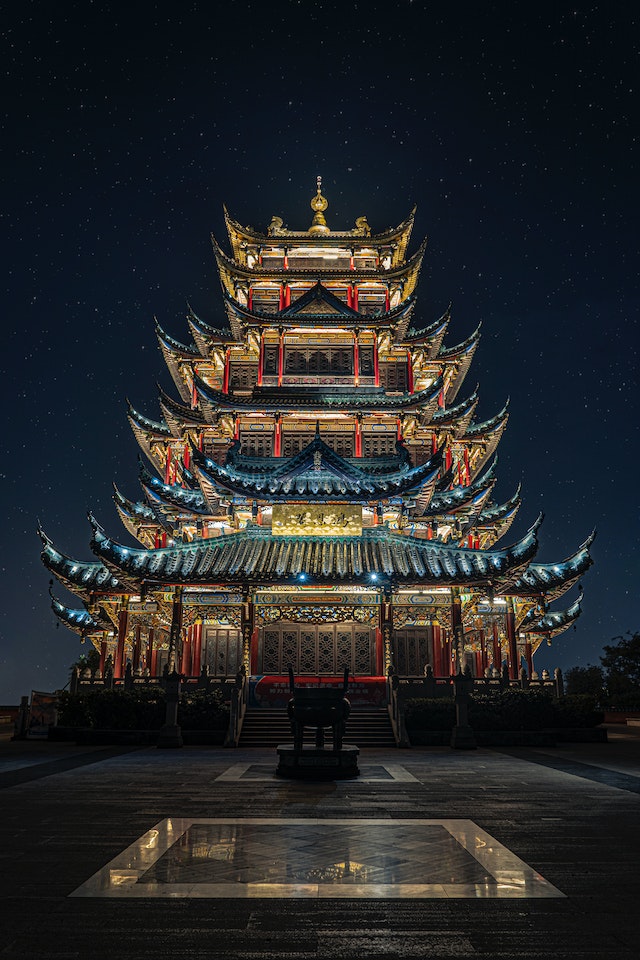Taboos in China serve as the threads that guide human behavior and interactions. These unspoken boundaries often shed light on the core values and sensitivities of a culture. China, a nation steeped in rich history and traditions, is no exception. As we delve into the intricate world of Chinese taboos, we uncover a mosaic of beliefs, respect, and social cohesion.

Death and Mourning
In Chinese culture, discussions about death and mourning are approached with the utmost caution and respect. The color white, typically symbolizing purity in the West, is associated with death and funerals in China. Similarly, the number four is considered extremely unlucky as it sounds similar to the word for “death.” Even mentioning death in a casual or light-hearted context is considered disrespectful. Funerals are somber affairs, demanding a display of reverence and empathy.
Gift-Giving Etiquette
While gift-giving is an expression of goodwill in many cultures, in China, there are intricate rules governing this practice. Clocks, handkerchiefs, and sharp objects are considered inappropriate gifts, as they symbolize negative connotations such as time running out or cutting ties. Additionally, giving a gift in sets of four is to be avoided. On the other hand, the number eight is highly auspicious due to its phonetic resemblance to the word for wealth and prosperity.
Body Language and Gestures
Chinese culture places great emphasis on body language and gestures. Pointing with one’s finger is generally considered impolite, as it can be interpreted as accusatory. Instead, an open hand or a nod is used to indicate direction. Directly touching someone’s head, even playfully, is seen as disrespectful, as the head is considered the most sacred part of the body.
Respect for Elders
Confucian values play a significant role in Chinese society, emphasizing respect for elders and authority figures. It’s considered taboo to address an elder by their first name or to interrupt them while they’re speaking. Even when drinking tea or offering gifts, the younger person should extend the item with both hands as a sign of respect.
Superstitions and Numbers
Superstitions are deeply woven into Chinese culture, impacting daily life decisions. Odd numbers are favored over even numbers, as they are associated with positivity and life. For instance, the number eight is not only lucky but also sounds like the word for “prosperity.” On the other hand, the number four is avoided due to its resemblance to the word for “death.” Moreover, the number nine signifies eternity, making it a preferred choice for weddings and celebrations.
Personal Privacy
Privacy is highly valued in Chinese culture. Asking personal questions about income, marital status, or age can be considered intrusive and inappropriate. It’s essential to establish a level of rapport and trust before delving into personal matters.
Avoiding Loss of Face
“Face” is a central concept in Chinese culture, symbolizing reputation, dignity, and honor. Causing someone to lose face is seen as a grave offense. Public criticism or humiliation is generally avoided to maintain harmony and social cohesion.
In navigating the labyrinth of Taboos in China, one must embrace cultural sensitivity and openness. Understanding the significance of these taboos is key to building meaningful relationships and avoiding unintentional disrespect. The complexities and subtleties of these taboos in China remind us of the intricate web that connects culture, history, and human interaction, making every society a treasure trove of wisdom waiting to be uncovered.


